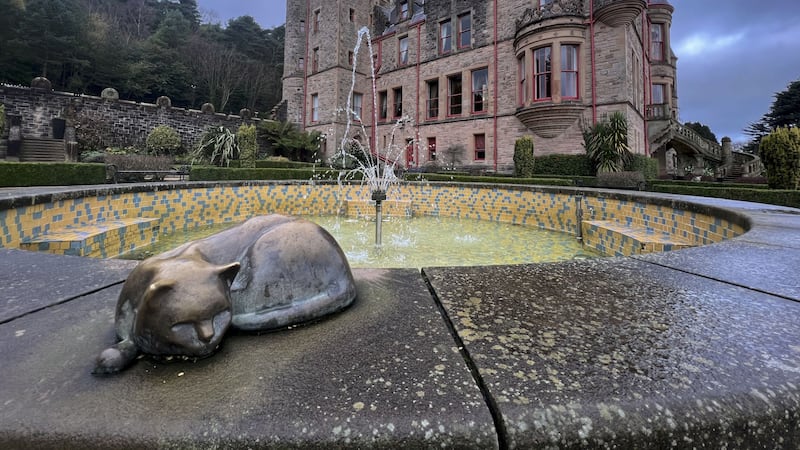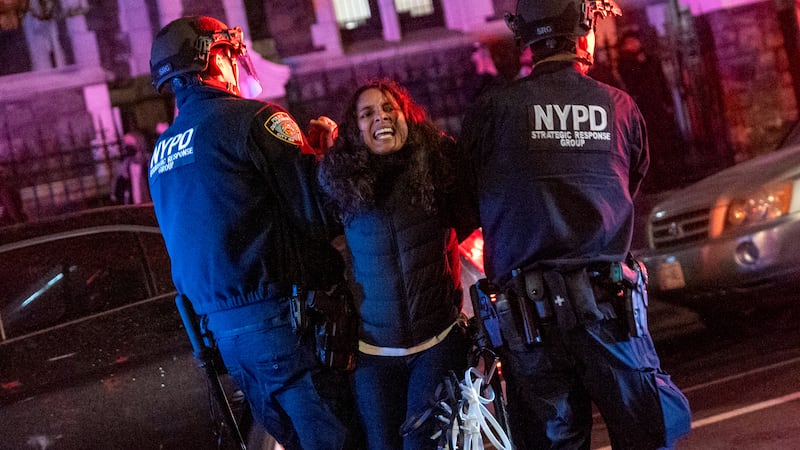Gun attacks and intimidation are not new to west Belfast, although less frequent in these post conflict times.
While the main dissident republicans groups have either officially or unofficially called a ceasefire, when it comes to attacks on the security forces, there are those who continue to assert control within their own community.
The attacks on the Richmond family show that the grip of organised intimidation is still a reality for many people.
George Richmond is very open about his son's previous experience with drug addiction and the problems that caused the family.
However, those that have decided to attack, not just his home but that of his daughter and young granddaughter, have little interest in that common societal problem.
The levels of violence waged against the family, with attacks on property, late night gun attacks, family vehicles being burned and the livelihood of singer Georgina being targeted, would be simply unacceptable in many communities.
A recent report commissioned by Cooperation Ireland found relationships between the community in west Belfast and the PSNI "are seen as deteriorating in recent years."
From an initial period of optimism in the new policing structures, to a growing disillusionment in the ability to of the police to deal adequately with crime plaguing some nationalist and republican areas.
Until the rule of law and not the law of the gunman takes precedent in places like west Belfast, attacks such as that in Dermott Hill this week will continue, lives will be put at risk and families displaced by those who seek to rule through fear.








